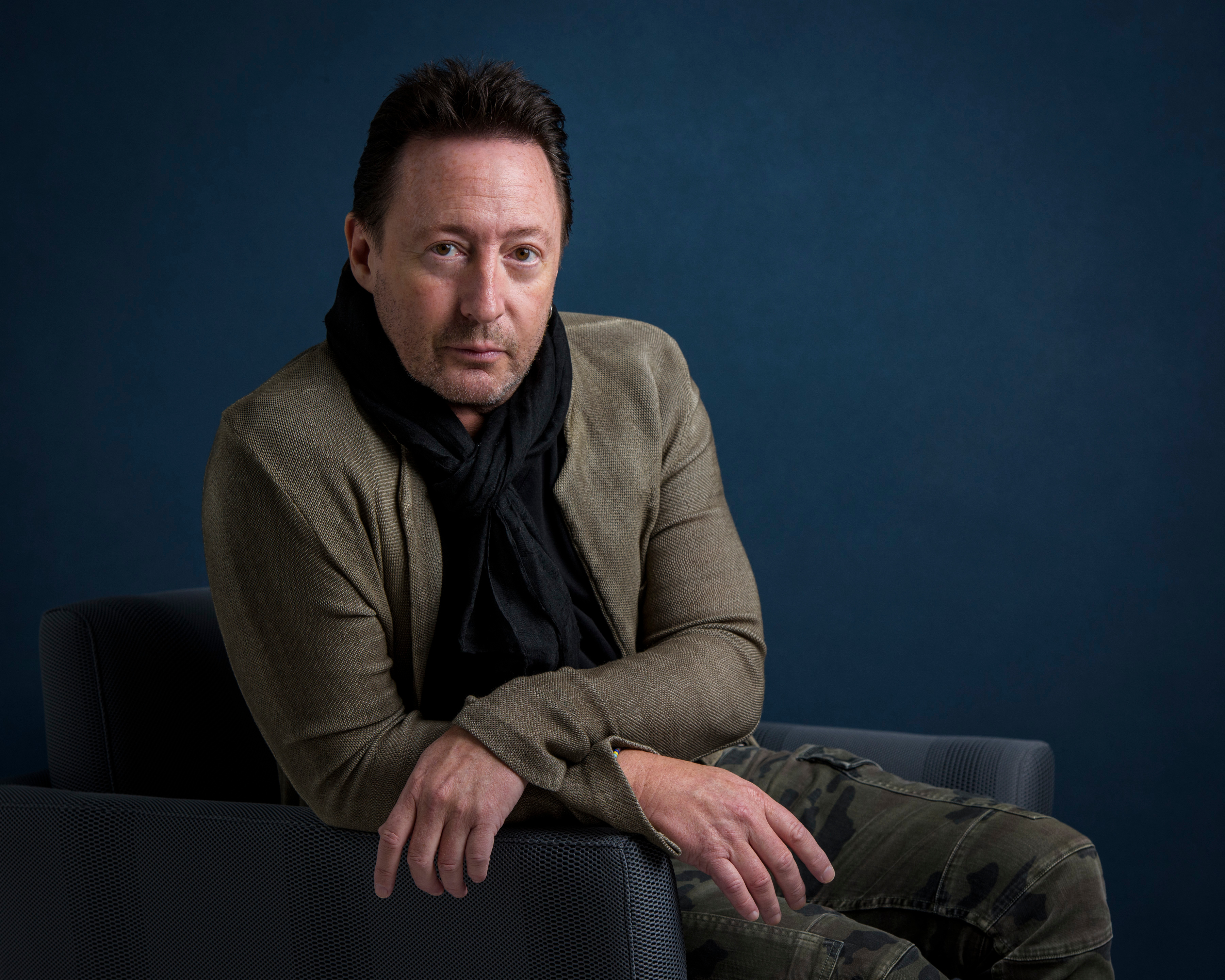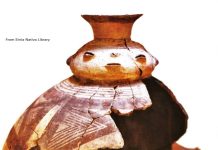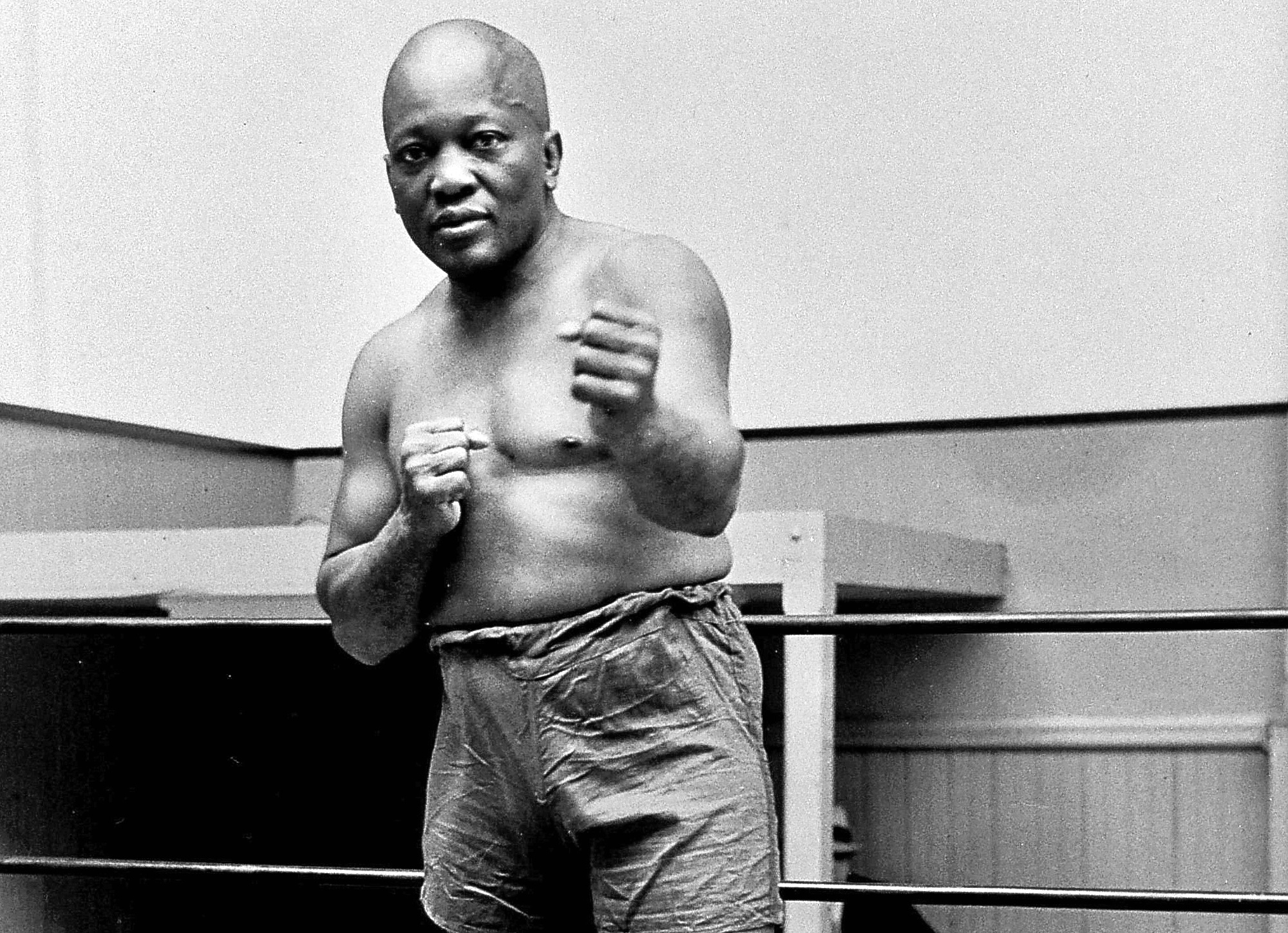
By MARK KENNEDY
AP Entertainment Writer
NEW YORK (AP) — For Earth Day, Julian Lennon hopes to lay the foundation for a whole new crop of environmentalists. He just has to wait a decade or two before they bloom. The firstborn son of the late John Lennon is the co-author of “Heal the Earth,” the second in his picture book series teaching kids as young as 3 ways to help the planet. “I wish I had this book when I was at this age growing up,” he said in a recent interview with The Associated Press. “I wish we’d all had it growing up. The world would be I think a different place. I really do.”
The latest book follows a group of children as they fly across the globe, learning to protect coral reefs and planting gardens in cities and trees in the rainforest. “Every day there is something new we can do to heal the Earth,” the book says. “If we work together.” “This is not about shoving too many facts down their throats,” Lennon said. “It’s starting the conversation of what this is all about and empowering them to make the right changes and the right decisions and the right moral choices in their life.” Each book in the series — “Touch the Earth” was the first last year and the third will be “Love the Earth” — are timed to come out a year apart on Earth Day.
An animated series based on the books is in development. Mark Gompertz, an editorial director at Skyhorse Publishing, said Lennon and co-author Bart Davis (as well as illustrator Smiljana Coh) tried to keep the book entertaining without diluting the message. “It’s kind of the way he writes a song — every word has a certain weight and a certain meaning. So there was a lot of back and forth just to get the text to the point where we didn’t want to hit anyone on the head with the message. We wanted to make it not scary but, at the same time, create an awareness.”
This year, Lennon said, he has watched with alarm as the White House rolled back many environmental rules, including emissions standards for cars and trucks, pulling the United States out of the Paris climate accords and revoking the Clean Power Plan. “I hope that something turns around soon before it’s too late because this is the worst time that anybody could make decisions reversing laws about helping with environmental issues,” said Lennon. “It’s disturbing and disgusting.” Lennon has previously taken on environmental issues with his music — including 1991’s “Saltwater” — and in film, including the 2006 documentary “Whaledreamers.” He founded the environmental and humanitarian organization The White Feather Foundation.
Lennon named his foundation in honor of his father, who was shot to death in 1980. John Lennon once cryptically told his son that he would let him know that everything was going to be OK in the form of a white feather. Years later, Julian was approached by an aboriginal tribal elder while on tour in Australia and he was asked, “You have a voice. Can you help us?” She then presented him with a male white swan feather. Lennon said he immediately felt “goose bumps.” “It was a question of stepping up to the plate. Remain a rock ‘n’ roller or actually do something and actually walk the walk,” he said. The foundation has gone on to fund clean water projects in Cameroon and Burkina Faso, girls’ education in Kenya and a network of ambulances in Uganda, among other projects.
If environmentalists see dark skies coming, Lennon sees some bright spots, particularly in young people taking to the streets to demand change. He noted the “March for Our Lives” gun-control rally in Washington. “It gave me such great hope. I’m so proud of them for the strength. I can’t even imagine being that brave at that age back then,” he said. He also applauded Paul McCartney, who attended a New York anti-gun march wearing a shirt reading “We can end gun violence” and recalling the murder of Julian Lennon’s father. “I was happy to see him there standing up and believing what we all believe, which is that those kind of guns just shouldn’t be anywhere near anyone that’s not at war. But who agrees with war? Certainly not I.”



















